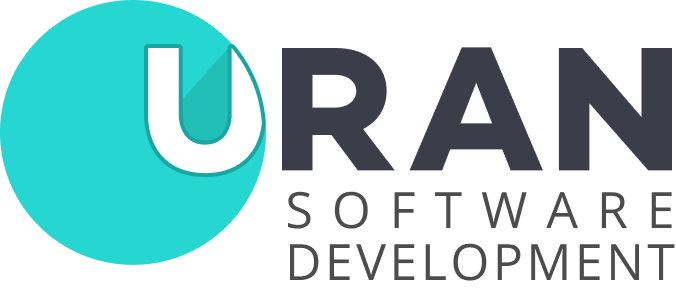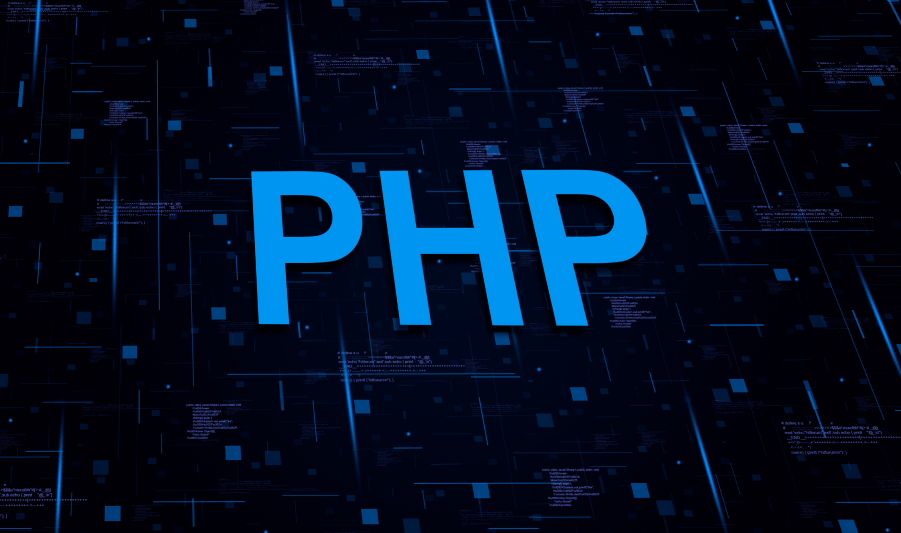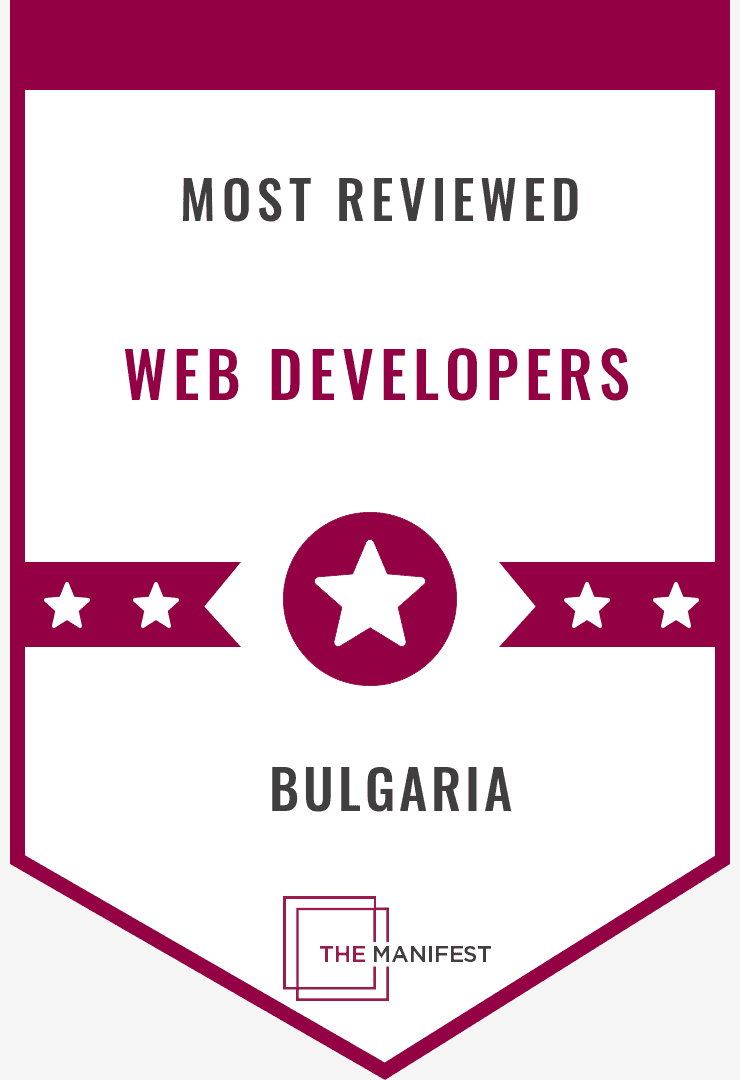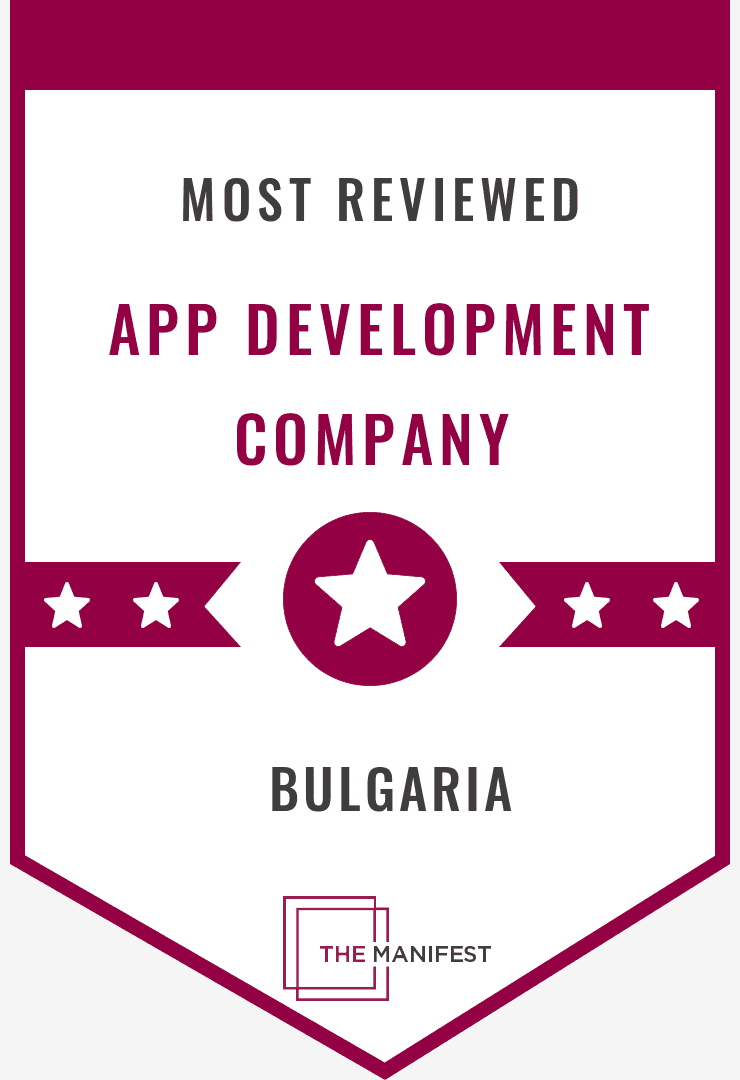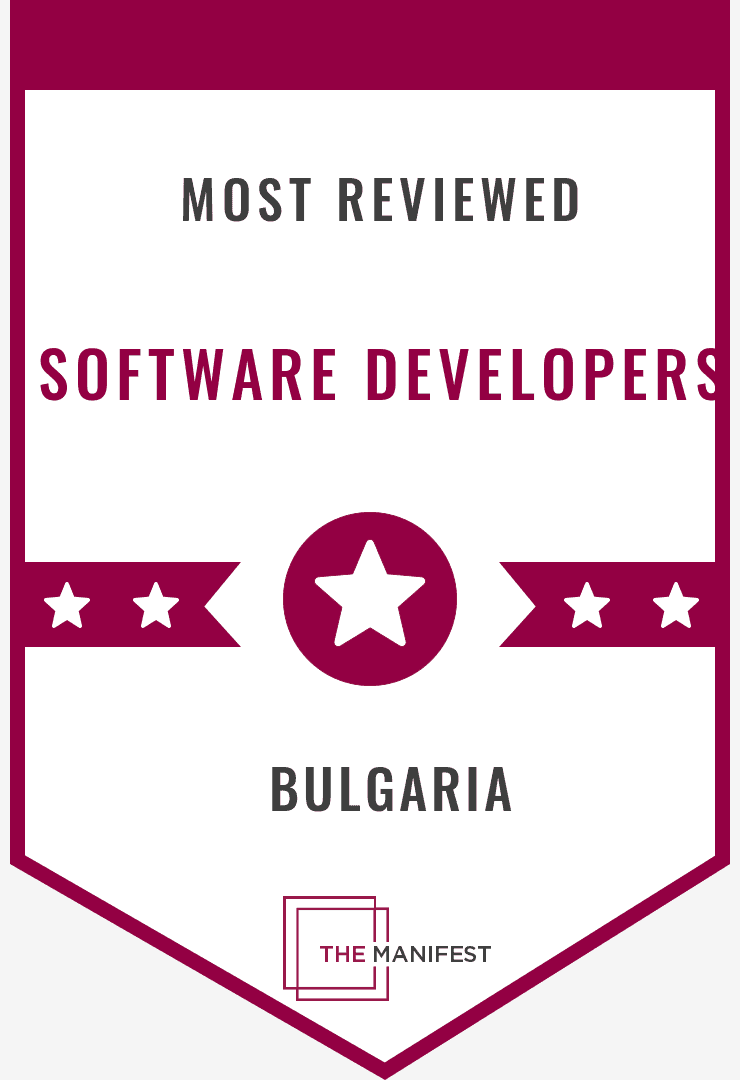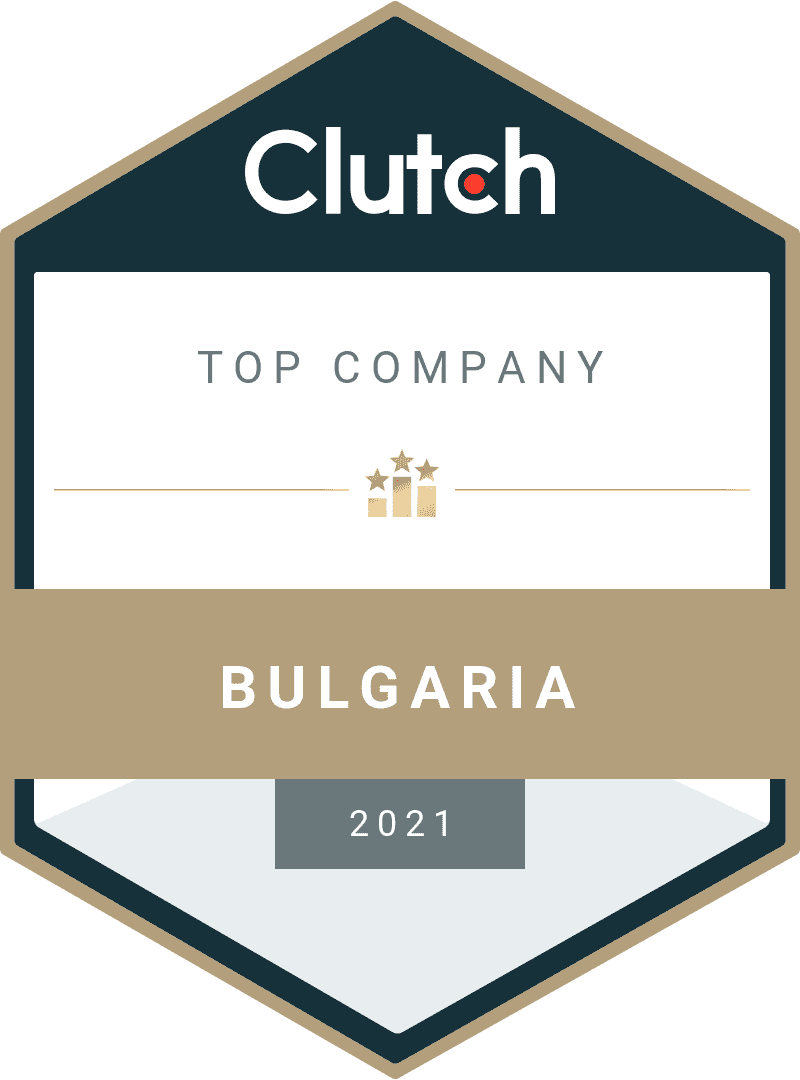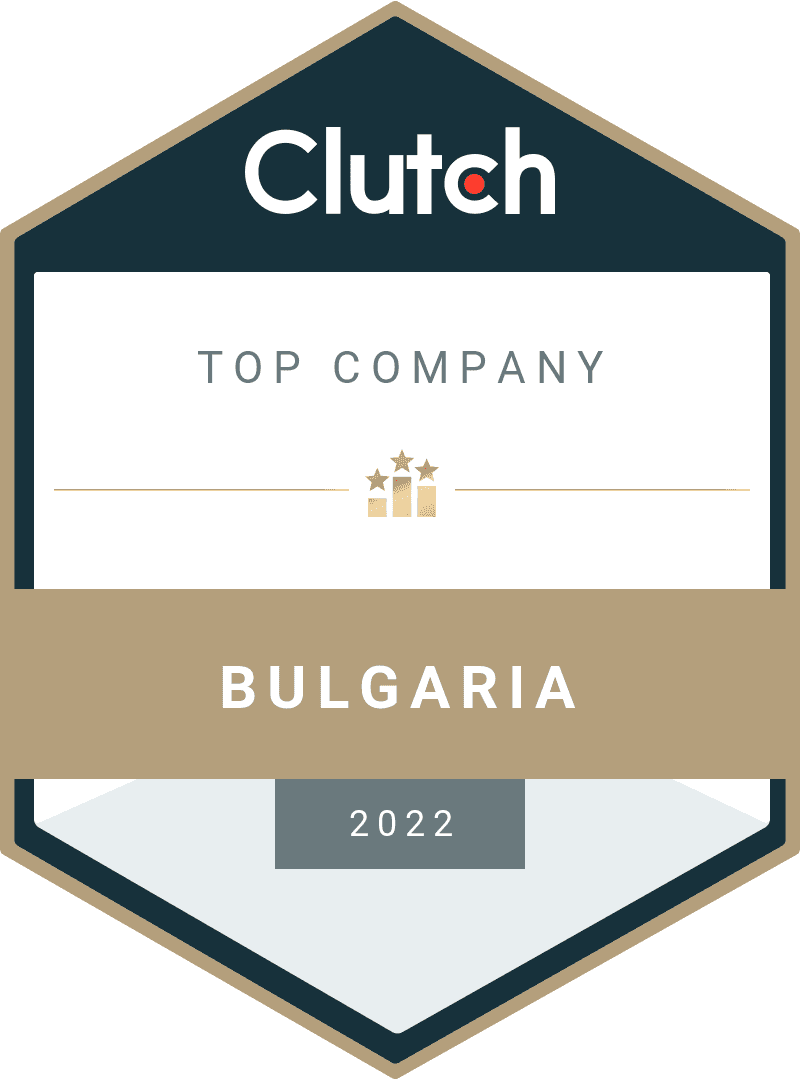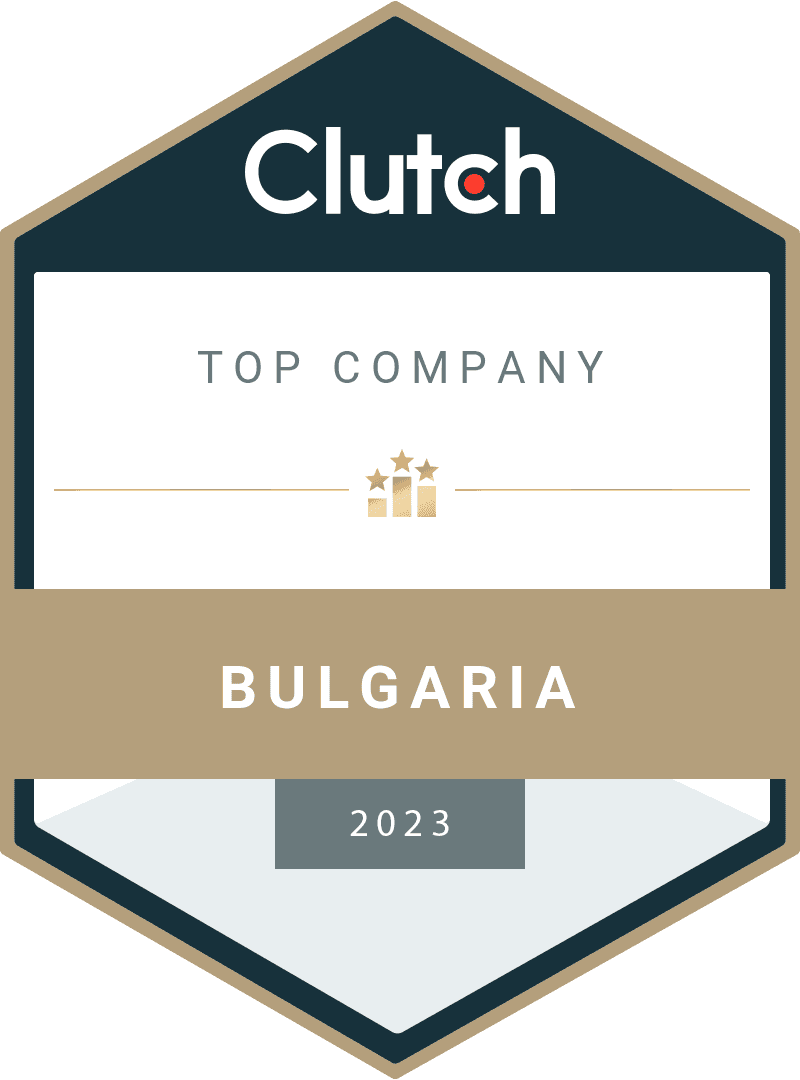Hey there! Let's dive into why PHP is still killing it in web development through 2025 and into 2026. This server-side scripting language powers everything from simple blogs to powerhouse eCommerce sites. At Uran Company, we've seen firsthand how its low costs, huge community, and easy ties to stuff like AI and serverless tech make it unbeatable.
Whether you're a coder or running a business, we'll break down PHP's superpowers, real-world uses and tips for the future.
What Exactly is PHP Web Development?
PHP, short for Hypertext Preprocessor, is that trusty server-side language that makes websites dynamic and alive. It plays nice with HTML to handle forms, chat with databases, and power custom CMS builds. In short, PHP web development means using it to whip up scalable apps that respond to users like a pro.
Developers love how it cranks out content on the server before it hits your browser, creating smooth, engaging experiences. It's open-source, has straightforward syntax, and a massive ecosystem that fits everything from quick sites to massive systems. As a custom PHP development company, we've watched teams grow from scrappy startups to big enterprises thanks to PHP. It's all about driving the behind-the-scenes logic that makes web development with PHP so essential.
Why Choose PHP Web Development Services? The Big Wins
PHP isn't just popular — it's practical. As experts in PHP web development services, here's what we tell clients about its standout benefits:
- Cost-Effectiveness: Free and open-source, so no licensing fees: perfect for bootstrapped startups or scaling enterprises.
- Active Community: A global army of devs sharing tutorials, fixes, and updates keeps things fresh and supported.
- Database Integration: Hooks right up with MySQL, PostgreSQL, MongoDB, and more for apps that thrive on data.
- Rapid Development: Frameworks like Laravel and Symfony give you ready-made tools to build fast.
- Scalability: Tune it right, and it handles massive traffic spikes, just like in our projects.
Fresh stats back this up: As of late 2025 into early 2026, W3Techs reports PHP powers 73.3% of websites with known server-side languages, while some projections hit ~75%. JetBrains' State of PHP 2025 shows newcomers rising to 4% using it under six months (up from 2%), with 89% on PHP 8.x and stable adoption: no big migrations planned. No wonder it's perfect for custom PHP web development services.
PHP's Versatility: From Blogs to Big Deals
PHP flexes across all kinds of projects: blogs, eCommerce, social networks, forums, you name it. Think WordPress for killer content management or Magento for online stores; that's PHP shining in web development. WordPress alone claims 43.3% of all websites (472 million+) and 61.4% of CMS market share in 2026 data.
It runs server-side for dynamic magic, stays innovative thanks to its open-source roots, and works on Linux, Windows, or macOS. In 2025-2026, it's meshing with hot trends like AI (via PHP-ML) and serverless (Bref on AWS Lambda) for microservices and IoT. So PHP web development companies like ours are your best bet for custom PHP web development.

Nailing Database Connections with PHP
PHP makes databases feel effortless, powering apps that react in real-time. Tools like PDO keep connections to MySQL or PostgreSQL secure, handling data pulls and errors smoothly: crucial for eCommerce carts or social feeds. In our custom PHP web development company gigs, this delivers the seamless experiences users crave in PHP web app development.
Scaling Up and Staying Secure
PHP scales like a champ with Laravel's modular setups and smart load balancing to spread traffic. Security? Follow OWASP basics: validate inputs, use prepared statements to dodge SQL injections, and go HTTPS. Laravel's built-in CSRF protection makes it easy, and 2025's DevSecOps trends amp it up. From our time as a leading PHP web development company, these tweaks cut vulnerabilities by up to 40%.
Migrating and Modernizing Made Simple
Switching to PHP? It's a performance booster: convert code, check databases, optimize. PHP 8.4 became a common default by late 2025, with PHP 8.5 releasing November 21, 2025, and full support rolling out into 2026 (e.g., JIT improvements). One client at Uran Company, decided to migrate to 8.4 and saw 25% faster load times plus easier upkeep. That's the magic of custom PHP application development.
PHP Powers Top CMS Platforms
Love content management? PHP runs WordPress, Joomla, and Drupal, letting plugins add endless features for custom CMS development in PHP. WordPress blogs rely on it for logins and rendering, holding strong at 43.3% overall website share in 2026. The 2025 Stack Overflow Developer Survey ranks PHP at 18.9% usage in the top 10, prime for PHP custom app development.
Building eCommerce with PHP
For online shops, PHP drives Magento and WooCommerce, handling catalogs, payments, and security. Plug in Stripe for safe checkouts and dynamic inventory tools. As a PHP web application development company, we've fine-tuned these for rock-solid customer journeys. Check our eCommerce tech.
PHP Meets the Future: AI, Cloud, and More
PHP keeps evolving: 8.4 and 8.5 (stable by late 2025) bring JIT speed boosts and better tools into 2026. It pairs beautifully with AI, cloud, and microservices, keeping PHP web development services future-proof, with 88% of devs having 3+ years experience per JetBrains.

A Few PHP Limitations (and Fixes)
It's interpreted, so super high-traffic spots might favor compiled langs like Go or Node.js for real-time chats. Fix with Redis caching. For accessibility, always add ARIA labels and responsive designs to your PHP sites.
Real-World Wins: PHP in Action
Don't just take our word, giants swear by it:
- Facebook: Custom PHP with HHVM handles billions.
- Wikipedia: Manages daily content for millions.
- Etsy: Fuels eCommerce transactions.
- Slack: Backends 42 million users.
This is why PHP web development companies deliver such reliable results.
Quick Look at PHP Frameworks
Frameworks supercharge your work. Per JetBrains 2025, Laravel leads at 64% share (12.x with Eloquent ORM, Artisan CLI, CSRF/encryption), Symfony at 23% (8.x reusable components, validation). Both dominate for apps, APIs, and enterprise.
Relevant Articles:
